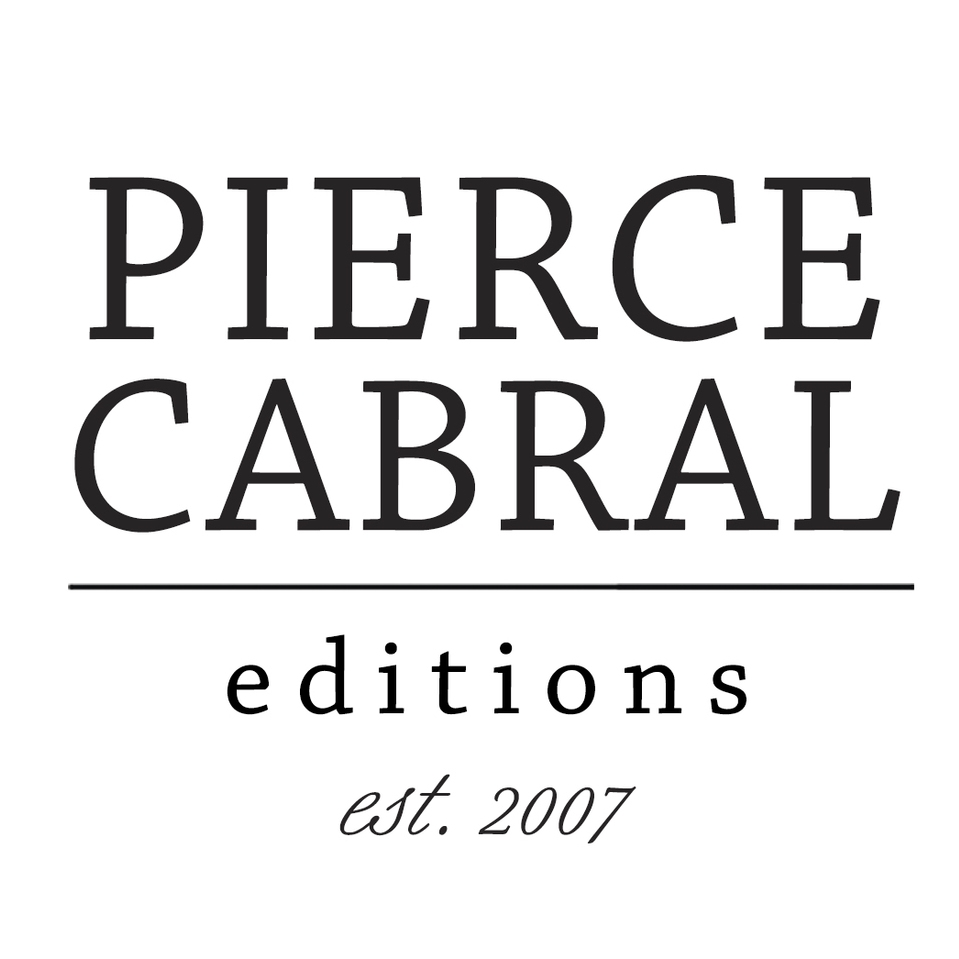Extractivists
From the coast of Bahia, it takes 40 minutes to reach the farm of Julio Mello in Northeastern Brazil. I ride on the back of a truck. The hot sun releases the scent of fruits growing in the region. I can smell and almost taste caja fruit, cupuaçu and acerola in the air as I cross the Brazilian Atlantic Forest. Of the Tropical Forests, it's the most generous in biodiversity. In the state of Bahia, 270 species were cataloged in a mere hectare. Even though this ecosystem is protected by Brazilian environmental laws, only 7% of the original forest is left. The forest remains for the population that doesn't migrate looking for labor in the urban agglomerations scattered in the Atlantic coast. At least patches of it. They could easily live off the forest's abundant fauna and flora but instead, they have to offer their labor in exchange for a salary and a place to live with their families. Most Brazilians have no land to call their own.
Land ownership is the privilege of a few – two-thirds of all arable land is concentrated in the hands of only 3% of the population. No wonder the Landless Workers' Movement (MST) originated in this nation. Since the 1980's MST remains as the prime advocate for land reform. It uses the invasion of large unproductive land as its main tactic to vindicate the landless. It is estimated that 166.000 families are living in squatter camps on invaded properties in Brazil.
Outside a typical mud house from this region built with straws, twigs and branches, a 2-year-old is sucking on a mango. A woman holds a broom made of dried leaves. She is meticulous as she swipes the dirt floor underneath her bare feet. She greets me with a smile and invites me to come closer. She walks out of the house with a bundle in her arms and proudly introduces her 2-days-old daughter, Joseane. The baby's father had already left to work, he will spend his day of labor working on someone else's land. At least he found a conscious landowner to work for. At the farm owned by Julio Mello, this family will sustainably collect the riches of the forest, respecting the rate of regeneration each species needs to allow the survival and growth of the Atlantic Forest. In return, the forest shows its generosity by giving abundant cocoa, caja fruit, guarana, cupuaçu, cashew, Palm of oil fruit and acerola. It is as if the forest knows not many landowners are of this kind.
For Mr. Mello exploiting the land means preserving it. He mostly collects what the forest offers. When clearing for a crop is necessary he makes sure to keep as much as possible of the original vegetation in some other area of his property. He takes me to one of the areas of Atlantic Forest he preserves. It is intact. As I step into the forest I am engulfed by the thick humid air. The sun cannot accompany us as we penetrate the vegetation, but its heat can. We haven't even walked for 20 minutes and I'm covered in sweat. The vegetation is luxurious: exotic flowers, gigantic leaves, and contorted trunks. From inside the shaded forest, Mr. Mello asks me to turn around as he points to his neighbor's property. No trees are left, only cattle herds that look like small dots on a map. The land looks naked under the thin grassed fields. The landscape is now too vast. Everything will seem small after I've been inside the forest.
A school bus passes in front of the farm's gates. Hamilton, a handy boy in the property, is burning firewood to slowly roast cashew nuts.
Like his brother's before him, Hamilton is planning to abandon school to his mother's dismay. Between smoke and smiles, he tells me about the house he wants to build for his girlfriend, and his wish to be a father one day. Dusk envelops us while the roasted nuts glow red inside a cast iron pan. Our conversation ends with the fire. As I walk away I can't help but hope for his children to stay in school, and for them to have their own piece of land one day.
Analog photo essay executed 35mm film.




























